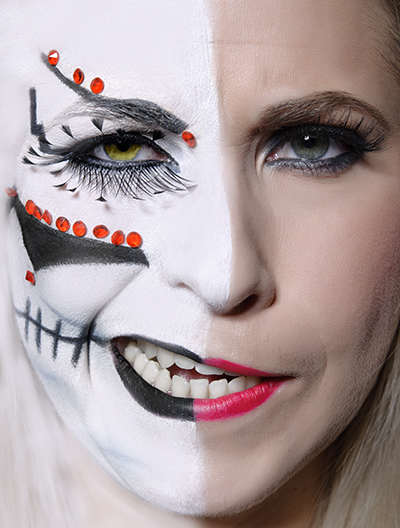
|
Back in the heady days of campus revolution, during the late 1960s—my college days—one of the cardinal sins in the mouths of the radically upset was “hypocrisy.” The idea was that the worst thing a person could do was profess one thought but actually believe something different. Or, more to the point, say one thing and act in congruence with another set of beliefs. The charge was supposed to expose people who were doing bad things, like quietly supporting the war or surreptitiously practicing racism, while claiming to represent peace and justice. “Liar! We see through you!”
The notion of hypocrisy has morphed and twisted but never actually gone away over the past fifty years. The modern form is “transparency.” At every level of public and personal life, a person or an organization, their motives, and their values are supposed to be open to public scrutiny. This is the origin of the “sunshine laws,” where “sunshine is the best disinfectant.” If only we could clear away the smoke-filled rooms and expose every consideration, every decision, and every deal to “inquiring minds” outside the council chamber, then bad things just couldn’t happen.
Although I am not a proponent of big government and secretive deals, I can understand that sometimes the door has to be closed. Court testimony is public, but jury deliberations—where conjectures are raised, and sometimes slanderous points are resolved—are private. Contract negotiations are privileged, although the final agreement in terms of public works or homeowner association improvements are public. Diplomatic maneuvers, including assurances and threats, must be secret, although the resulting treaties are public. How and why a public official might have changed his or her mind on a subject is not necessarily a matter for the public’s right to know. Maybe money passed under the table, and maybe a better argument was simply made. We can only judge people by their statements and their actions, not the content of their innermost thoughts and hearts.
During a student “colloquium” at Penn State, where the issues of the day were raised—among them, “hypocrisy”—one of my freshman philosophy professors, Stanley Rosen, stated flatly, “Sincerity is a trivial virtue.”
That has always stuck with me. Sincerity is a virtue, yes, but how important is it in our everyday lives? How much do I care whether you actually believe what you’re saying and doing? The answer is, not much. After all, Josef Stalin and Adolf Hitler were incredibly sincere in their beliefs, and they each killed millions of people—intentionally, knowingly, willfully—in order to remain constant to those beliefs. Today, do we care more that their beliefs were sincerely held, or that they caused great and inhuman damage?
If you are insincere, you may well be lying to yourself. You may also be lying to me. Lying to yourself is pitiable, while lying to me is actionable. But I would also be a fool if I judged everything people said to me as being perfectly true and sincere. Instead, I have to think about past statements, past performance, and what I know of—or can deduce from body language, facial expression, and other subtle measures—the person’s character. Nothing is certain. Everything is open to reasonable doubt.
What counts more than a person’s sincerity is their actions. Do they keep their promises, pay their debts, raise their children consistently, treat animals kindly and the wait staff with respect? Are they law abiding? Can they be trusted? These are the things that matter. These are the virtues upon which a civil society and stable economy are based. One person might think himself a great villain and yet remember to tip the waiter. Another might think herself a great benefactress and yet push past someone destitute sitting on the sidewalk.
We don’t judge people based on what they think of themselves, because that opinion is often secret and sometimes wrong. We judge them based on their words and the effect of those words, on their actions and the effect of those actions. I don’t want transparency into a man’s soul or to be convinced that he is actually as good a person as he thinks he is. I want to know that, if I lend him five dollars, will he pay me back as we agreed?
Пионеры америки очень искренно уничтожали индейцев исконных жителей. А сейчас миром правит ФЕЙК. И очень искренне.
ReplyDelete